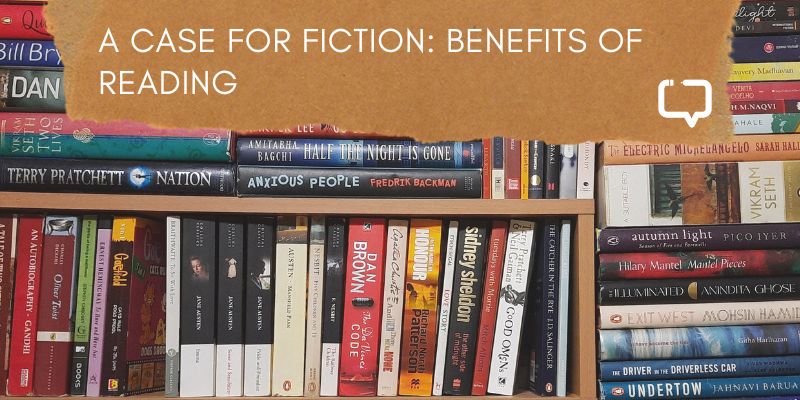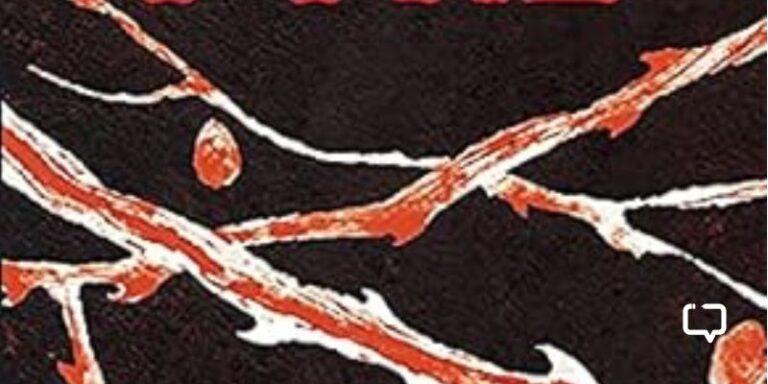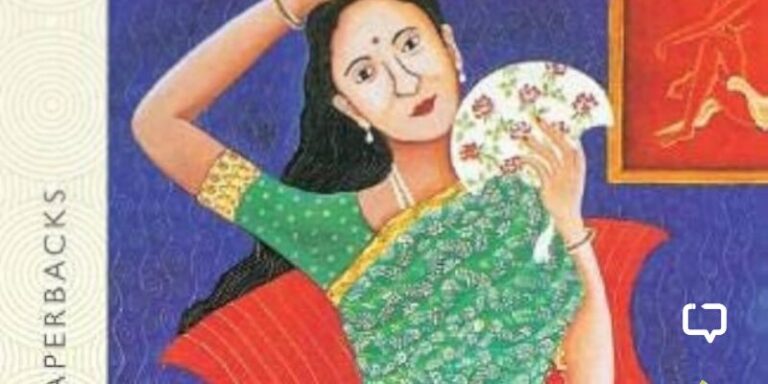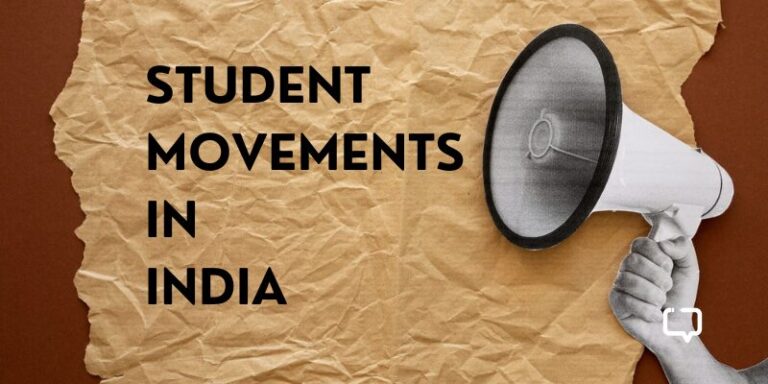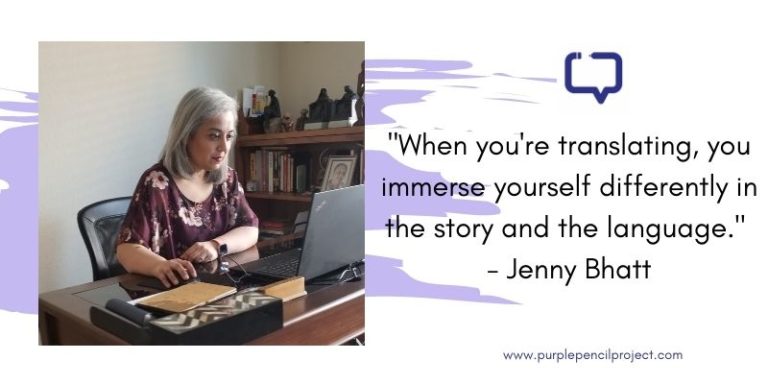As someone who reads a lot and makes it obvious to the world that she reads a lot, I often get asked by friends for book recommendations. A lot of the time, these are people who read only occasionally, and when I ask them what kind of books they would like to be recommended, the answer is usually something like, “oh non-fiction! Histories, biographies, maybe something latest in popular science or psychology, or even self-help, obviously no reading novels. I wish to educate myself and improve myself. Not entertain me with stories!”
Reader, if you, like me, are a lover of fiction, you already know of the profound ways in which reading, and reading diversely, has changed you. But your friends and my friends aren’t going to take our word for it, so I’ve roped in some experts in the field to make a case for reading novels.
How reading novels helps us with life
Contrary to the popular belief, reading novels is not a substitute for living, but a manual to prepare us for the said living.
“Reading”, says Rebecca Mead, “is sometimes thought of as a form of escapism and it’s a common turn of phrase to speak of being lost in a book. But a book can also be where one finds oneself. When a reader is held and grasped by a book, reading does not feel like an escape from life so much as an urgent crucial dimension of life itself.”
In her wonderful essay titled “Why Read”, Shashi Deshpande writes, “What a reader gets from reading novels is, in effect, the experience of humanity. Through reading novels, we see not only the variety of humans, human behaviour, and motivations, we see the shadowy links that connect us to other people, to our pasts.”
“Books help us understand who we are and how we are to behave”, writes Anne Lamott, the author of Bird by Bird: Some Instructions on Writing and Life. “They show us what community and friendship mean; they show us how to live and die.”
And we should know! Every religion, which essentially prescribes a way of living a good, honest life, uses stories as examples to teach us how to live better.
Fiction brings hope, and makes our lives better
In Elena Ferrante’s The Lost Daughter, one mother says to another, “I am an unnatural mother.” But throughout the novel, I had so identified with her struggles as a mother that I thought, if that’s the way she feels, and I feel, and a lot of other women writers who write about motherhood feel, maybe there is nothing unnatural about us after all. And that’s what reading does, it teaches us to understand ourselves better.
In her essay “A Short History of Personal Reading”, Shashi Deshpande writes, “Reading about all kinds of people, we realize that we are not abnormal, that we are not unnatural, and that the thoughts and fancies that we sometimes have, which seem to us abnormal and unnatural are, in fact, very natural and normal in humans. We learn what it is to be human, we recognize that humanness in our own selves and can therefore live more comfortably with ourselves.”
“Shakespeare”, said Harold Bloom, the author of How to Read and Why, “will not make us better, and he will not make us worse, but he may teach us how to overhear ourselves when we talk to ourselves… he may teach us how to accept change in ourselves as in others, and perhaps even the final form of change.”
And that’s good enough for me.
In fiction, no one is alone
They say you’ll never be alone if you’ve got a book. But it’s not what you think. It’s not the imaginary friends that exist on the pages of the book that alleviate my loneliness, but the knowledge that a writer has felt this world the way I feel this world, and, to borrow from the classic song – Killing me softly – is singing my life with his words. It’s akin to having siblings who can complete your sentences.
“Writing and reading”, says Anne Lamott, “decrease our sense of isolation. They deepen and widen and expand our sense of life: they feed the soul. When writers make us shake our heads with the exactness of their prose and their truths, and even make us laugh about ourselves or life, our buoyancy is restored. We are given a shot at dancing with, or at least clapping along with, the absurdity of life, instead of being squashed by it over and over again.”
Imaginary friends are great but the creators of these imaginary friends are my next of kin. (They don’t know it though, but they’ll be notified by my lawyer when I die.)
Get your EQ on
Most of the time we are so self-absorbed that it is almost funny how we must be reminded that other people exist. Different people. People of other classes, other cultures, other countries, other vocations, and other sexual orientations, laugh and bleed and have felt like we do! Reading their stories allows us to overcome our prejudices and helps us develop a greater understanding and acceptance of other people’s cultures, struggles, ideas as well as life choices, be it in food, habits, vocation, or sexuality.
Shashi Deshpande writes that “Partaking of a variety of human experiences expands the reader’s experiential and emotional world, which is if one were to look at it logically, as valuable as the world of information and facts.”
I would think it is even more valuable. A Wikipedia entry about people who are not us will give us facts and information but reading fiction will provide us with the emotional understanding that will make us truly global citizens. Especially in this virtual world without borders, which, let us be honest, is where most of us live.
Pause, stop, breathe. Look around you. Pay attention
Stop and smell the roses, they said, pause into the sunset and be thankful. But life gets in the way, and we forget. When we consciously pick up a book, it can have an almost meditative effect on us.
“Books”, writes Anne Lamott, “are full of all the things that you don’t get in real life—wonderful, lyrical language, for instance, right off the bat. And the quality of attention: we may notice amazing details during the course of a day but we rarely let ourselves stop and really pay attention. An author makes you notice, and makes you pay attention, and this is a great gift. My gratitude for good writing is unbounded; I’m grateful for it the way I’m grateful for the ocean.”
For the benefits of meditation, please refer to my article which I haven’t written yet.
Go beyond what meets the eye
Benjamin Percy, the author of Thrill Me: Essays on Fiction, writes, “Fantasy allows us truths that might otherwise be unavailable. Normally our reflection means little except as a way to check our teeth, to smear on makeup, but before a warped mirror we pause, studying ourselves with awe and care, struck by a new way of seeing.”
“What a novel creates”, writes Shashi Deshpande, “is not a mirror image of society, but a picture that goes beyond the façade, beneath the surface. A tentative, questioning picture, offering the reader no certainties. And, in the process, unearthing hidden truths and complexities that mere facts can never get at. What the novelist really does is create an alternative world, which gives a reader a glimpse of other possibilities. And once it enters the human consciousness, that which was only a possibility can become real.”
Today’s fiction can be tomorrow’s reality. But let’s ban dystopian fiction. Let’s not give them ideas!
A reader is an artist too
I bet you weren’t expecting this one, but I’ll let Thomas C. Foster, the author of How to Read Literature Like a Professor, explain it.
“Reading,” he writes, “is an activity of the imagination, and the imagination in question is not the writer’s alone… Two powerful forces come together to make a literary character. The writer invents him, using such elements of memory and observation and invention as she needs, and the reader—not readers collectively this time but each individual reader in private—reinvents him, using those same elements of his memory, his observation, and his invention… We shape, or rather reshape, characters in order to make sense of them. Reading… is a full-contact sport; we crash up against the wave of words with all of our intellectual, imaginative and emotional resources. What results can sometimes be as much our creation as the novelist’s or playright’s. Or more.”
Take a broken heart, make it into art
“As the stories are written,” writes Benjamin Percy, “they invite the audience backstage—into the dark—where imagination takes over and the reader becomes a kind of writer.”
“The novel”, Shashi Deshpande elaborates, “works in a very different way from the way non-fiction does. It is not concerned with giving facts or nuggets of information. It works through questions, doubts, ambiguities, and uncertainties. It embraces the shadowy area in the wings, as also the darkness backstage along with the brightly lit stage.
All events, all people, are central to themselves, but peripheral to others. This is indeed a great truth – one that fiction understands very well. To scorn reading fiction is to deny art any place in our lives. And to live without art is to live an incomplete life.”
Amen, Ms Deshpande. And since I cannot write, I read, and bask in the artful glory of minds greater than mine.
Conclusion
We are in a strange generation, and time in history. Make sense of it. Pick up a novel. Don’t dismiss it as stuff of flight and fancy. It is within the pages of fiction that we find hope, a north star to our ever confusing lives. If you don’t believe us, believe the experts.







